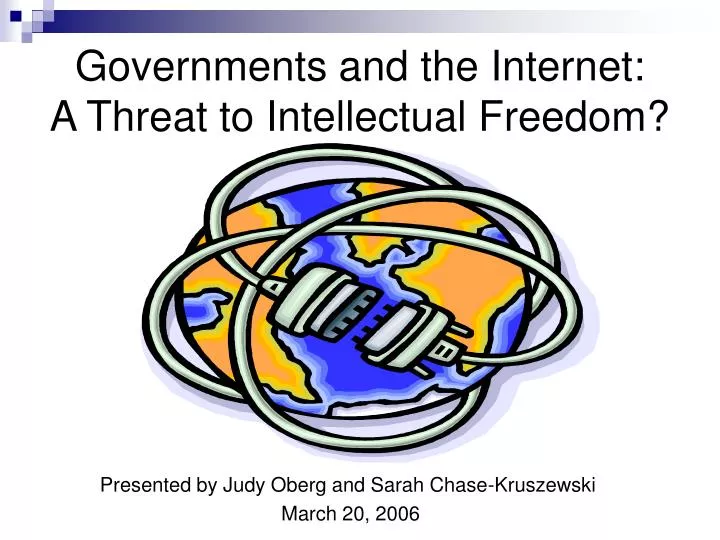
Libraries that make exhibit spaces and meeting rooms available to the public they serve should make such facilities available on an equitable basis, regardless of the beliefs or affiliations of individuals or groups requesting their use.Īdopted June 19, 1939, by the ALA Council amended OctoJFebruJJanuinclusion of “age” reaffirmed January 23, 1996.

A person’s right to use a library should not be denied or abridged because of origin, age, background, or views. Libraries should cooperate with all persons and groups concerned with resisting abridgment of free expression and free access to ideas.

Libraries should challenge censorship in the fulfillment of their responsibility to provide information and enlightenment. Is there such a thing as too much intellectual freedom examples. Why is intellectual freedom an issue in our society 3. Materials should not be proscribed or removed because of partisan or doctrinal disapproval. How would you define intellectual freedom 2. Libraries should provide materials and information presenting all points of view on current and historical issues.

#INTELLECTUAL FREEDOM DEFINITION PROFESSIONAL#
Materials should not be excluded because of the origin, background, or views of those contributing to their creation. Intellectual freedom is an important topic should be discussed no matter your job title, as a library professional you will be confronted with situations, libraries are unique, part of our mission right of every individual to seek and receive information from all points of view without restriction. Books and other library resources should be provided for the interest, information, and enlightenment of all people of the community the library serves. The American Library Association affirms that all libraries are forums for information and ideas, and that the following basic policies should guide their services.


 0 kommentar(er)
0 kommentar(er)
